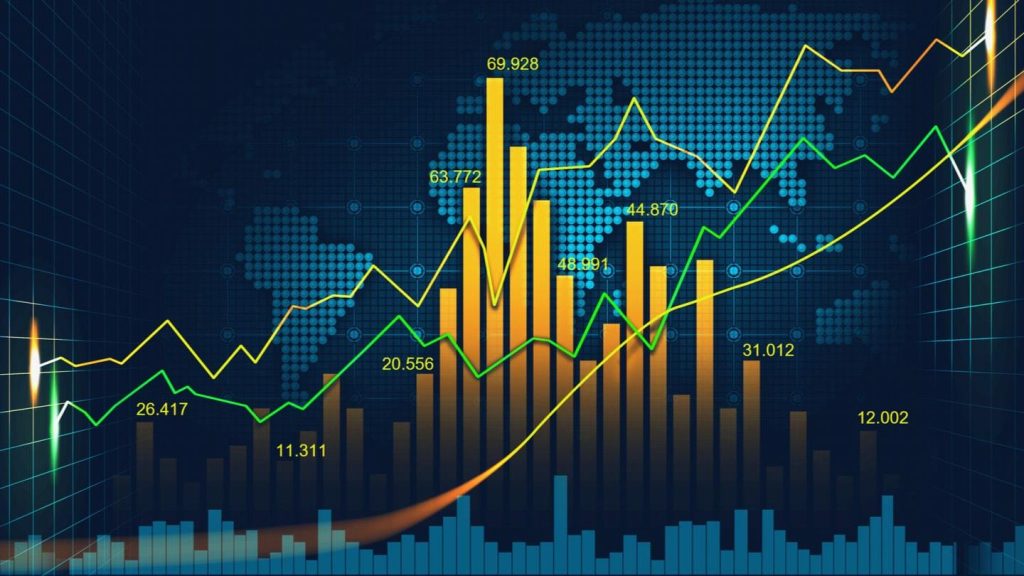In the world of Forex trading, understanding the concept of the spread is crucial for managing and optimizing your trading profits. The spread is essentially the difference between the bid price and the ask price of a currency pair. This difference is how brokers make their money, and it plays a significant role in determining the cost of trading. To break it down, when you trade Forex, you are buying one currency and selling another simultaneously. The bid price is the price at which you can sell the base currency, while the ask price is the price at which you can buy it. The spread, measured in pips, represents the transaction cost that traders incur when entering or exiting a trade. For instance, if the bid price for EUR/USD is 1. 1050 and the ask price is 1. 1053, the spread is 3 pips. This means that you need the price to move at least 3 pips in your favor just to break even.

The spread can be fixed or variable. A fixed spread remains constant regardless of market conditions, providing predictability in trading costs. However, variable spreads can fluctuate based on market volatility and liquidity. During periods of high volatility, such as economic news releases or geopolitical events, spreads can widen significantly, increasing trading costs and potentially affecting your profit margins. The impact of the spread on your trading profits is significant. Since the spread is a cost that you need to overcome before making a profit, it can eat into your gains. For short-term traders and scalpers, who rely on small price movements, a tight spread is crucial as even small changes in price can quickly turn into losses if the spread is wide. For long-term traders, while the impact may be less immediate, over time, high spreads can accumulate and reduce overall profitability.
To mitigate the impact of spreads, traders often seek brokers that offer tight spreads or those who provide low-cost trading options. Additionally, understanding market conditions and forex trading robots during periods of higher liquidity can help in finding better spreads. It is also wise to consider the type of trading strategy you employ, as strategies that involve frequent trading might be more sensitive to spread costs compared to longer-term strategies. In summary, the Forex spread is a fundamental aspect of trading that influences the cost of executing trades and ultimately affects trading profits. Being aware of how spreads work, how they can vary, and how they impact your trading strategy is essential for effective trading and achieving your financial goals in the Forex market.